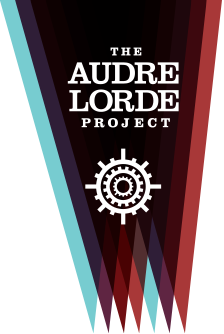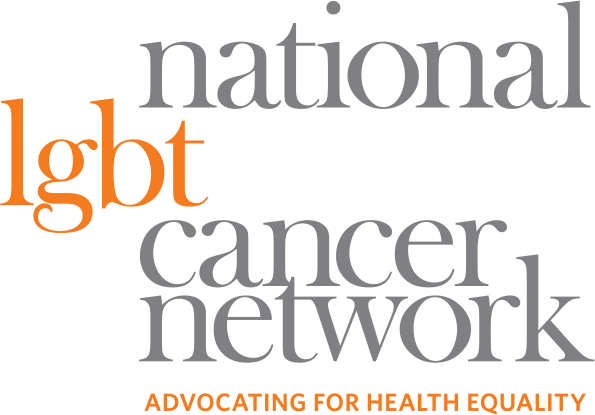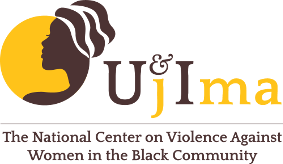
All of us—wherever we are—can contract or transmit this novel virus, though it is imperative to note that social determinants of health, economic injustices, less employment opportunities and exacerbated barriers to accessing to the health industrial complex, especially culturally competent care, all together make queer and trans—particularly queer and trans people of color—susceptible to physical, financial and mental effects of pandemics like COVID-19.
Moreover, according to an open letter that over 100 LGBTQ+ organizations—including the National LGBTQ Task Force—signed on behalf of our communities, we call attention to the reality that the LGBTQ+ community is increasingly vulnerable to the effects of COVID-19 due to three factors:
First, LGBTQ+ people continue to experience discrimination, unwelcoming attitudes and lack of understanding from providers and staff in many health care settings, and as a result, many are reluctant to seek medical care except in situations that feel urgent—and perhaps not even then.
The LGBTQ+ population also has higher rates of HIV and cancer, which means a greater number of us may have compromised immune systems, leaving us more vulnerable to COVID-19 infections.
And finally, the LGBTQ+ population uses tobacco at rates that are 50 percent higher than the general population. COVID-19 is a respiratory illness that has proven particularly harmful to smokers.
Furthermore, we implore the health industry to acknowledge that there are “more than 3 million LGBTQ+ older people living in the United States who are already less likely than their heterosexual and cisgender peers to reach out to health and aging providers, like senior centers, meal programs, and other programs designed to ensure their health and wellness, because they fear discrimination and harassment.”
The 1980s HIV/AIDs pandemic also reminds us that even though we are engaging in social distancing, we should not stigmatize—or worse, criminalize—those who have contracted coronavirus or those who transmit this virus.
To read the entire article, visit COVID-19: A Black, Queer, Feminist Grounding and Call for Self and Community Care.





